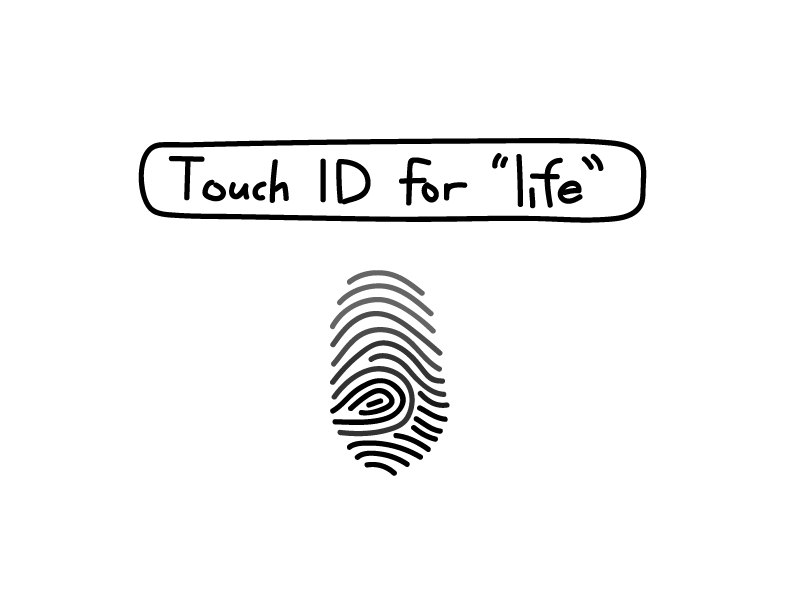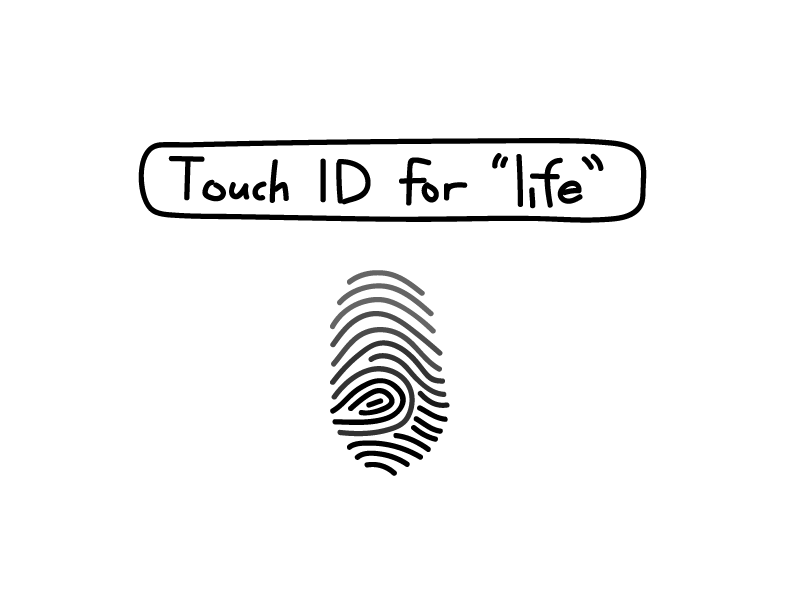Verbatim
Reconsidering Sven Birkert’s Gutenberg Elegies, a generally prescient 25-year-old warning about what the electronic age would do to how we read, Mairead Small Staid wonders at The Paris Review what it is to pick up a book in “the age of constant distraction.” Something about this piece felt a bit different to the thousand versions of it we’ve read before – it’s not a warning or a longing to return to a time before Birkert, but merely a mindful noting of what has and hasn’t come to pass since, from the point of view of somebody who grew up “swaddled in the digital world’s many arms,” and for whom the “golden hours of my childhood aligned perfectly with the fading light of a pre-internet world.” This is as close as you’re going to get to a reference to Amazon in this week’s newsletter, btw.
Unfortunately, this thrumming-under quality is also true of our horizontal reading. If I’ve spent too long before the pixelated page, that experience, too, clings to the hours that follow. The screen appears before my closed eyes; my thoughts vibrate at the frequency of content, of discourse: pithy, argumentative, living in anticipation of retort. I debate imagined trolls in the shower. “When a work compels immersion, if often also has the power to haunt from a distance,” Birkerts says, and how I wish this haunting were the sole province of great work. It isn’t: ghosts seep through the words on the screen, ghosts of screeds and inanities, of hate and idiocy, of so much—so much!—bad writing. “But perhaps when the need is strong enough we will seek out the word on the page, and the work that puts us back into the force field of deep time,” says Birkerts. “The book—and my optimism, you may sense, is not unwavering—will be seen as a haven, as a way of going off-line and into a space sanctified by subjectivity.” Oddly enough, here in the dawning days of 2019, my own optimism is strong. It seems clear to me that the need is strong enough—is as strong as it always has been and always will be—for the blossoming, bodily pleasure of reading something remarkable, the way it takes the top of my head off and shows me—palms open, an offering—what’s been churning away in there, all along.

ThingsLook, there are few greater pleasures in life than reading Orhan Pamuk writing about Istanbul. Well, other than actually being there and eating in the back alley borek shops he writes about. This week in the Telegraph, he writes another beautiful love letter to the city, celebrating change, the way neighbourhoods rise and fall, the food trends and hobbies that come and go, the light that returns even in political darkness.

For a while now, we’ve been trying to get our heads around the ongoing crisis in Cameroon, where tension between the country’s francophone and anglophone communities is rising, and it seems from outside like something terrible is brewing. It’s the sort of terrible something whose complexities are impossible to get a handle on for us dumb dumbs who know nothing about it other than how to worry, so we appreciated this epic report this week in the Washington Post, where Siobhán O’Grady sets out both the context and the stakes – exactly what we needed to at least start to get an idea of the situation, and, well, worry with a bit more information at least?
Universal basic income sounds good in principle, but when you think about it for a while, it starts to look more like it's laying the groundwork for a “post-work” future nobody asked for outside of Silicon Valley, more about entrenching our current precarious work reality and crafting a labour force that is ok with it than it is about the communal and personal benefits of traditional welfare systems. Our UBI trial here in Ontario was cut short by a wild change in our political winds, but the numbers are starting to come in for the much-more-celebrated pilot project over in Finland, where, well, it kinda made no difference at all to the livelihood prospects of its participants. It wasn’t all bad, though! People may not have found pathways to work, but they did show “less stress symptoms as well as less difficulties to concentrate… They were also more confident in their future and in their ability to influence societal issues.” In other words, no less fucked but feeling better about it.

Spotify’s blockbuster acquisition of Gimlet Media for around $230 million (or 230,000 mattresses) didn’t have us fretting because of the possible fate of any of its shows, though one wonders whether, say, a quietly weird and personal Jonathan Goldstein podcast has hope of surviving in a world where the stakes are so much higher, where it’s not just old friends controlling the purse strings (and, related, we do wish for a universe where Starlee Kine got some of those stock options). What really hit us in the gut is something Messrs Bloomberg and Lieber likely never intended when they first set out to make a cute show about their VC-driven adventure – sure, they wanted to make money, and never hid that, but what they also did was create the illusion of a massive market where there isn’t one, and a set of commercial expectations that are way too far ahead of the experimentation the medium still needs to do. Nobody knows what they’re doing in podcasting, and as much as we love some of Gimlet’s shows, we’re not sure how selling film rights and producing branded podcasts that nobody who’s not a marketing VP cares about pushed a single company into that stratosphere of valuation. This is clearly the point where something shifts once and for all in podcasting – now there’s an undeniable industry, with all of the toxic machinery that entails, built mostly on the backs of people who were in traditional radio anyway, and the suits who’ve swooped in around them. Given that this is being built on top of Spotify’s own destroy-all-in-its-path-and-channel-revenue-only-to-particular-pockets business model, the picture on the horizon ain’t a pretty one. Much of the analysis from here will be about how others in the podcast space keep up and outpace whatever this beast is doing – what we’re more concerned about is how the weirdos can ignore this advice and stay adventurous and independent. “Podcasting” is a delivery medium, and not a complicated one, just an open way of hurling audio files to your devices by subscription. Until the inevitable day Apple and Google decide to restrict publishing access to their player apps (and yes we know there are alternatives and use them ourselves), it still has room for all the multitudes, including rowdy corners full of punks who don’t owe anything to anybody other than their listeners, and quiet corners full of timid folks making walking podcasts. (As ever, if you are as fascinated by the machinations going on here, we highly recommend Nick Quah’s Hot Pod newsletter.)

What has us doubly bummed is the concurrent announcement this week by Patreon’s CEO that the business model of his service, on top of which so much of that independent punk weirdness is backed by its communities, isn’t generating sustainable growth. As many have pointed out, Patreon’s business should be the definition of sustainable and scalable – they are literally just taking money from credit cards and passing it on after keeping a cut. The problem is that this is a boring business, and VC hates boring. As Dan Olson points out in this marvellous thread, if Patreon had taken a loan for startup money instead of capital, they would have long ago paid it back with the revenue they’re already making, and would be sitting on an ever-growing pile of cash that would continue to enable so much of what’s exciting in the independent creator space. Instead, expect pivots and penny pinching, and for nobody to suffer other than creators who’ve tried to build their practice on top of it all.
Meantime, just for a bit of wheels-within-wheels, the newsletter startup Substack, home to many of our favourite newsletter peers, is rolling out a paid podcast offering. Innnnnteresting.
At California Sunday, Chris Colin takes a wild road trip through all the different things people think “freedom” might mean.
Anish Kapoor can’t have the not-quite-blackest-ever black. It’s not for him.
The Atlas of Endangered Alphabets.





